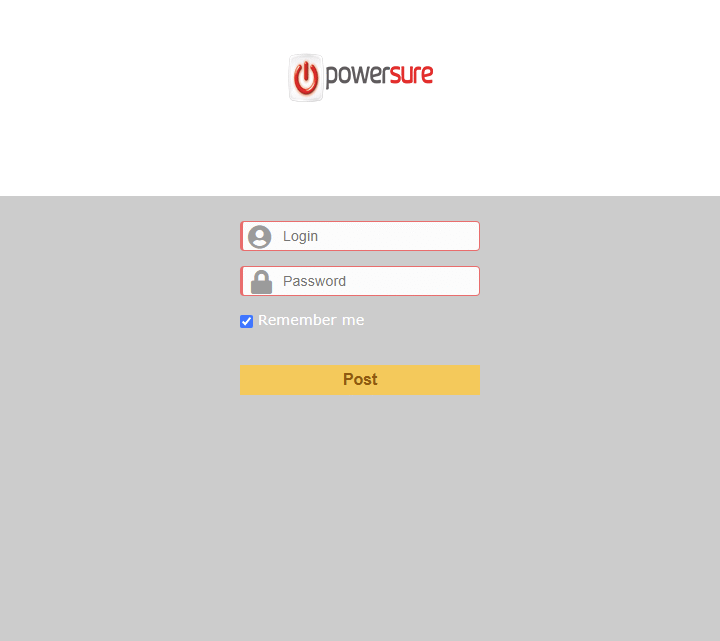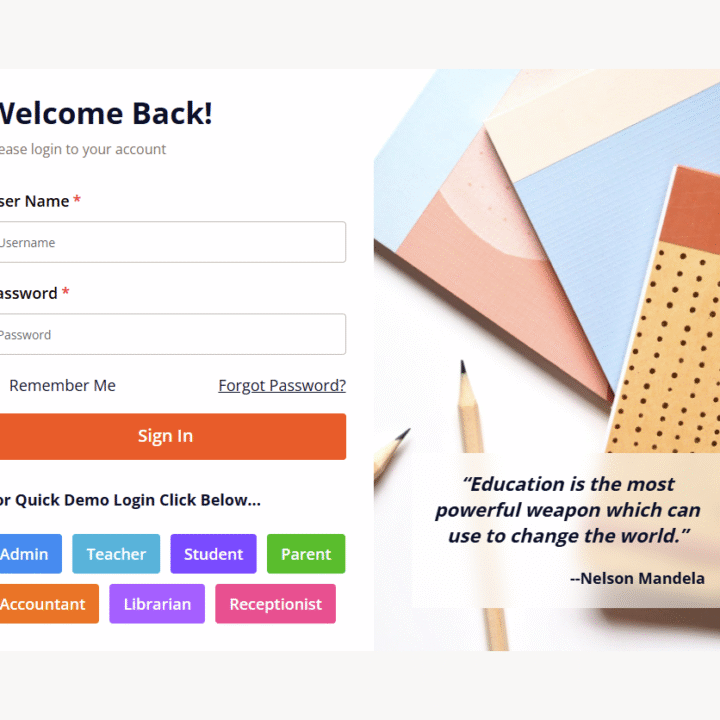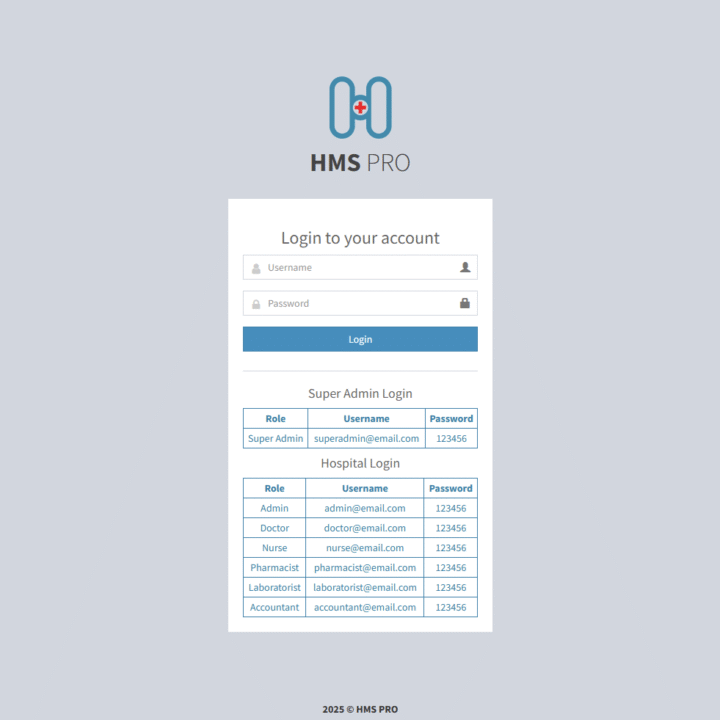Innovative CRM
Key Features of Innovative CRM: Empowering Businesses for Success
A Customer Relationship Management (CRM) system is a powerful tool that helps businesses build and maintain strong relationships with their customers. Modern CRMs come packed with a wide range of features designed to improve customer interactions, boost sales, and streamline operations. Below are some of the most essential features that make CRM systems indispensable for businesses of all sizes:
1. Contact Management
One of the foundational features of any CRM system is contact management. It allows businesses to store and manage customer details such as names, email addresses, phone numbers, and interaction history. This feature provides a 360-degree view of each customer, making it easy to track communications, segment contacts, and personalize engagement.
Key Benefits:
- Quick access to customer information.
- Improved segmentation for targeted marketing.
- Easier follow-ups and personalized communication.
2. Sales Management & Pipeline Tracking
CRM systems help businesses track the entire sales pipeline, from lead generation to closing deals. It enables users to monitor the progress of each deal and identify where customers are in the sales process. Sales teams can use CRM to set reminders, schedule follow-ups, and optimize sales strategies.
Key Benefits:
- Clear visibility of sales stages.
- Improved forecasting and reporting.
- More efficient sales processes and better deal closure rates.
3. Automation of Marketing Tasks
Modern CRMs often include marketing automation features that allow businesses to automate repetitive tasks such as sending follow-up emails, scheduling social media posts, or creating personalized campaigns based on customer behavior. This automation ensures that marketing efforts are timely and efficient.
Key Benefits:
- Saves time and reduces manual effort.
- More personalized customer outreach.
- Increased lead nurturing and conversion rates.
4. Customer Support & Helpdesk
A CRM typically integrates customer support tools, enabling businesses to manage and resolve customer inquiries, complaints, or service requests in a streamlined manner. This feature allows customer service teams to track support tickets, provide timely responses, and enhance overall customer satisfaction.
Key Benefits:
- Faster resolution of customer issues.
- Better tracking of customer feedback and service trends.
- Enhanced customer satisfaction and retention.
5. Analytics and Reporting
CRMs provide valuable analytics and reporting tools that help businesses gain insights into customer behavior, sales performance, and marketing effectiveness. Reports can be generated in real-time, offering actionable insights that can drive informed decision-making.
Key Benefits:
- Data-driven decision-making.
- Performance tracking of marketing and sales efforts.
- Detailed customer behavior analysis to refine strategies.
6. Integration with Other Tools
A top-tier CRM can integrate with various third-party tools like email marketing software, social media platforms, accounting software, and project management tools. This ensures a seamless flow of data across your business and helps consolidate your operations into one unified system.
Key Benefits:
- Streamlined workflows and reduced duplication of effort.
- Centralized data management for better collaboration.
- Increased productivity across departments.
7. Mobile Access
With the growing demand for flexibility, many CRMs offer mobile apps or cloud-based solutions that provide on-the-go access to customer data, sales pipelines, and communications. This feature is especially useful for sales teams and service reps who are frequently in the field.
Key Benefits:
- Access to real-time data anytime, anywhere.
- Enhanced productivity for remote workers.
- Improved customer response times.
8. Task and Activity Management
CRMs offer features that help businesses track tasks and activities related to each customer interaction. Users can set reminders, schedule meetings, and create to-do lists, ensuring that important follow-ups and activities are never missed.
Key Benefits:
- Better time management and organization.
- Increased accountability and follow-through.
- Optimized team collaboration.
9. Lead Management & Scoring
CRM systems include features for managing and scoring leads, allowing businesses to prioritize leads based on their likelihood of converting into paying customers. This process involves assigning scores to leads based on factors such as engagement level, demographics, and buying intent.
Key Benefits:
- More efficient lead qualification.
- Improved lead conversion rates.
- Better resource allocation for sales efforts.
10. Customizability
A CRM that can be tailored to meet the specific needs of your business is crucial for maximizing its potential. Many CRM systems offer customization options, allowing users to create custom fields, templates, dashboards, and workflows that fit their business processes.
Key Benefits:
- Enhanced relevance to your business operations.
- Streamlined workflows tailored to your team’s needs.
- More flexibility in how data is captured and processed.
Conclusion
CRM systems are packed with a wide variety of features that help businesses not only manage customer relationships but also optimize sales processes, automate marketing tasks, and improve customer service. By integrating these features into your business operations, you can boost efficiency, improve customer satisfaction, and ultimately drive growth. Whether you’re a small business or an enterprise, leveraging CRM is a key step toward delivering exceptional customer experiences and staying ahead in a competitive market.



